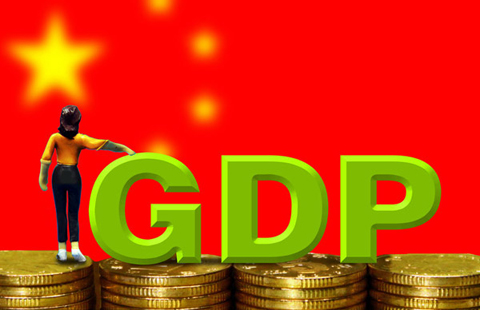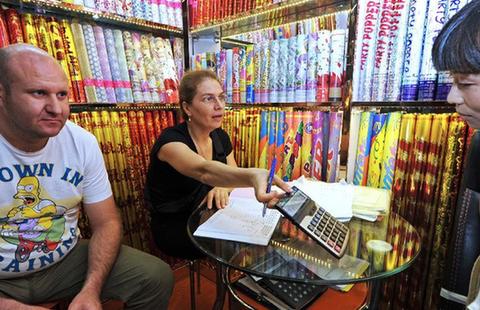ECB launches last-ditch program to revive euro economy
(Agencies) Updated: 2015-01-22 22:10WILL IT WORK?
Draghi said 20 percent of the asset purchases would be subject to risk-sharing, suggesting the bulk of any potential losses will fall on national central banks.
Critics say that calls the euro zone concept of risk sharing into question and countries with already high debts could find themselves with further liabilities.
Euro zone inflation turned negative last month, far below the ECB's target of close to but below 2 percent, raising fears of a Japan-style deflationary spiral.
But there are doubts, and not only in Germany, over whether printing fresh money will work.
Most euro zone government bond yields are already at ultra-low levels while the euro has already dropped sharply against the dollar. Lower borrowing costs and a weaker currency could both help to boost growth but there is a question about how much downside there is for either.
"It is a mistake to suppose that QE is a panacea in Europe or that it will be sufficient," former U.S. Treasury Secretary Larry Summers said at the World Economic Forum in Davos on Thursday.
"There is every reason to expect that QE will be less impactful in a context like the present one in Europe than it was in the context of the United States."
A plunge in the price of oil has thrown central bankers into a spin worldwide. Canada cut the cost of borrowing out of the blue on Wednesday while two British rate setters at the Bank of England dropped calls for tighter monetary policy as inflation has evaporated.
The ECB has already cut interest rates to record lows. Earlier, it left its main refinancing rate, which determines the cost of euro zone credit, at 0.05 percent.
Greece and Cyprus, which remain under EU/IMF bailout programmes, will be eligible but subject to stricter conditions.
"Some additional eligibility criteria will be applied in the case of countries under an EU/IMF adjustment programme," Draghi said.
The move comes just three days before an election in Greece where anti-bailout opposition party Syriza is on track to gain roughly a third of the vote.
($1 = 0.8627 euros)
- Catalyst for business transformation
- Flexibility 'key' to managing inbound investment
- Huawei's CEO claims to own only 1.4% stake
- Global exhibition organizers put on a show of confidence
- Baidu's search app enjoys record year
- Bold predictions on green energy
- China plans to build Beijing-Moscow high-speed rail
- Swiss Bank Scraps Minimum Exchange Rate
















